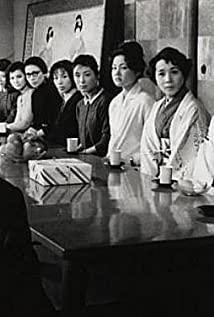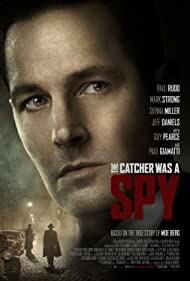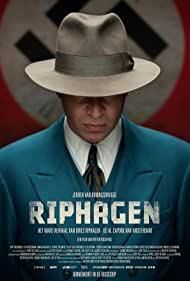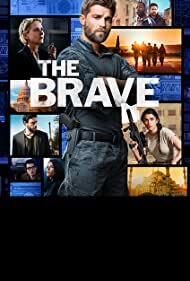-
By Timmy 2022-02-25 08:01:55
FIFA4丨DAY5 "Wildfire" is born as a human, you don't have to apologize
The 5th screening day of the 4th # Faroe Island Film Festival# Nobody Knows will bring you "Wildfire". The following is the evaluation of the publication group!
Lin819:
Cruel war, all kinds of extreme presentations of human nature.
Snow-Nashville:
How many war movies are there? This...
-
By Maud 2022-02-25 08:01:55
I have always felt that for a nation or country, regarding the pain it has inflicted on other nations or passively endured, only its own reflection is truly powerful and more valuable, because only they can deeply appreciate that history, cultural and national characteristics. Regarding the crimes committed by Japan in World War II, in the film field, China, as the party that suffered great pain, tends to expose the numerous crimes of the Japanese army. Since the war did not go deep into the...
-
By May 2022-02-25 08:01:55
Fire of the Plains - The Last Home of Humanity
For the fire source that is often seen on the plain, Tamura thought it was wolf smoke at first, full of fear, and a symbol of death. Later, the squad leader said that the fire was for burning straw, there was nothing to be afraid of, and it was a symbol of life.
As a tool of war, Tamura's killing of the islanders who came back to fetch salt is already unconscious and inhuman. As a so-called human being, in the end, when he witnessed Nagamatsu murder and cannibalism, he shot... -
By Kaitlin 2022-02-25 08:01:55
I have finished watching the masterpiece "Wildfire" by Ichikawa Kun, the second generation of post-war Japanese director. . . It's not easy. It's not easy. . . Because of war-themed movies, I've always been afraid to avoid them. . . I'm dizzy. . .
Humanism. . . lingering in the war. . . The so-called hospital is just a place to die later. The Japanese skirmishers who were oppressed by the forces of the eight directions have degenerated into cannibals, and they are struggling to live... -
By Marie 2022-02-25 08:01:55
Wildfire 1959
At the end of the battlefield, the U.S. troops landed, and the Japanese side had long since collapsed. They were skinny and withered, and could only helplessly advance and survive as zombies. Death is no longer a sudden thing, everyone walks in the body, waiting to consume the remaining breath, almost slowly and carefully, falling down and dying.
"You can eat this when I die." The dying man leaning on the back of the tree said to Tamura with his arms raised. "You...

Fires on the Plain
Top cast
Details
- Release date November 3, 1959
- Filming locations Gotemba, Shizuoka, Japan
- Production companies Daiei Studios, Kadokawa Herald Pictures
Movie reviews
( 9 )
Add reviews
User comments
( 98 )
Add comments
-
By Mabelle 2023-09-16 08:05:38
The war has pushed human life to the limit, and human nature has exposed its pure instinct. Out of the primitive desire to survive, human behavior is almost no different from animals, and the remaining human nature is like a hairspring, looming. Everything is distorted in an inhuman state, and the desire to see "people who live a normal life" at this time is the desire to return to humanity. War not only destroys life, but what is especially terrifying is that it drags human nature into the...
-
By Helmer 2023-09-11 20:14:35
Ichikawa Kun is a true master of reflecting war and human...
-
By Devyn 2023-08-26 11:00:45
The perspective of multiple stimulations under a very simple narrative structure rubs the...
-
By Alana 2023-08-07 11:03:56
Change shoes, monkey meat? Hunger makes people ghosts. This film only sees the fall and sinking after failure. I didn't reflect on why it ended like this, and I introspected myself, making the film's perspective too...
-
By Izabella 2023-07-22 22:14:35
As a war movie, instead of focusing on the macro war, it focuses on the personal encounters in the war. Only through one's own pain can one truly feel the human and human disaster brought about by the...
Movie plot
Evaluation action
-
First hospital squatter: [to Tamura, who has given him some beans] I won't forget your kindness as long as I live.
Second hospital squatter: That won't be long.
-
Tamura: [to soldier who suddenly has stopped moving] Hey, are you dead?
-
Dying Buddhist soldier: [to Tamura as he opens his eyes] What? You still here? Poor guy, when I'm dead, you can eat this.
[He outstretches his arm]
Dying Buddhist soldier: [Disgusted by the thought, Tamura leaves] Come back! You can eat me!














